Category — Features
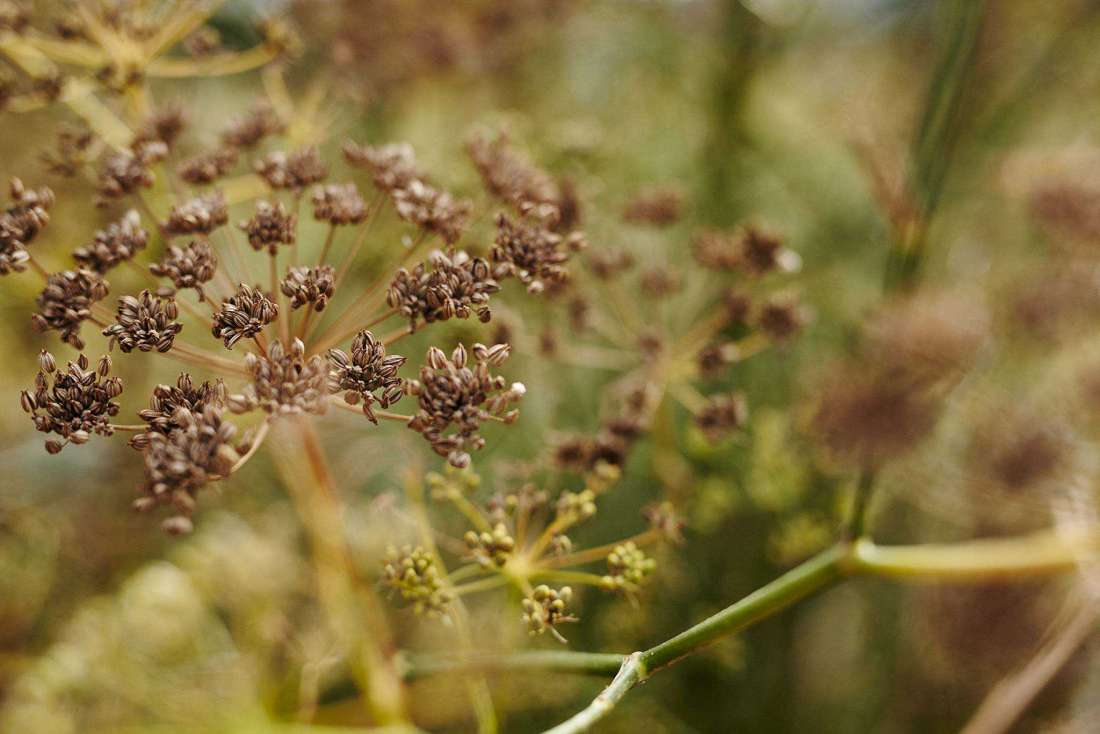
Community Unity
“Shouldn’t every community be fed as much as possible, locally, by the people that live in that community?”
Community Unity
Julia Milne was gifted some fertile soil by her friend and neighbour Bunnie Willing, the principal of Epuni Primary School in the Hutt Valley, just north of Wellington, so planted a seed that has so far reaped easily more than 20,000 meals in three and a half years, and is reverberating through the Hutt Valley, creating the abundant hub that is Community Unity.
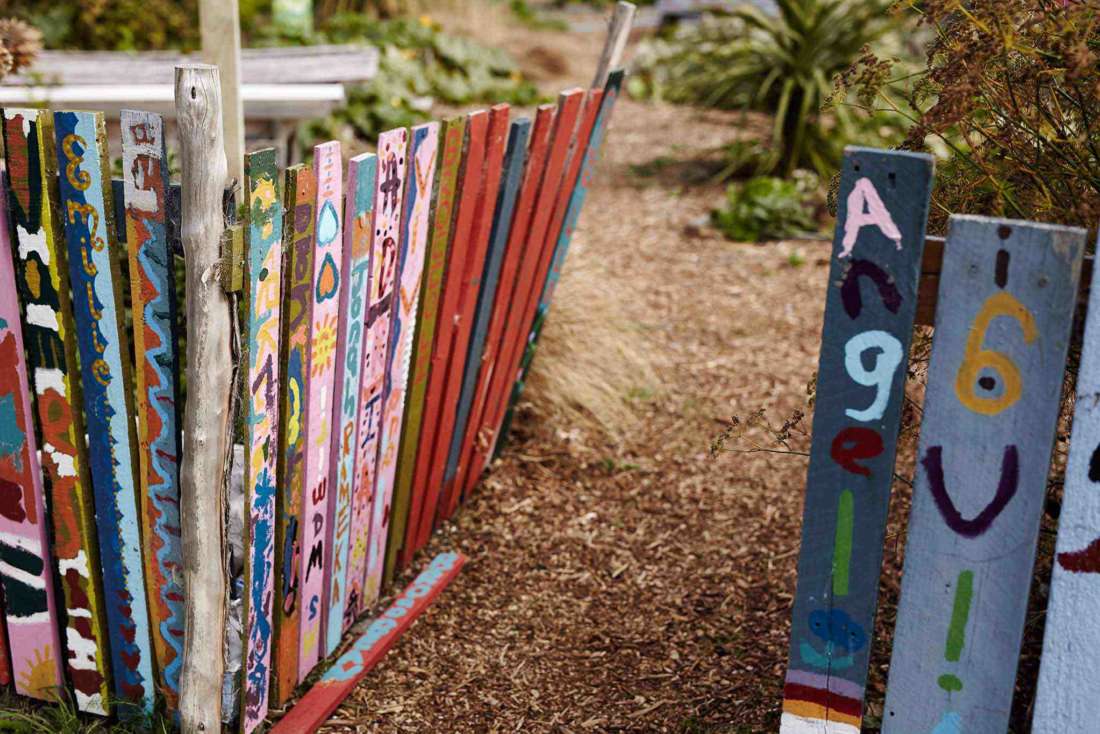
SSS – What was the seed of this project, where did you start?
The seed of the project was to ask a question, really – is it possible for a community to come together to grow enough food to feed their own children? Recognising that there are obviously some communities more in need than others and the spotlight has very much been on child poverty and hungry children, but we have a different kind of thinking about that… shouldn’t every community be fed as much as possible, locally, by the people that live in that community? And what if the call to action was around meeting the needs of our children, because I think ultimately that’s the best call to action. If you work from that place everything suddenly becomes quite sustainable and fair and it’s a beautiful place to be making decisions from.
SSS – Were you from within this community?
No, this is not a community that I live in, I’m about 10 minutes away. But I have a very long-standing friendship with Bunnie, the principal here. We were next-door neighbours and we would often sit with a glass of wine and talk about things that we could do together in this space. She is a total innovator, she loves being quite radical and trying new things, and I think if you’re going to do this kind of project, especially when it hasn’t been done in this manner before, you have to be working with a principal or with a board of trustees that can tolerate change, that has an understanding that it’s experimental and is open to it being non-prescriptive.
SSS – The principal is on board; are the teachers embracing it too?
Yeah, the school made a charter change a couple of years back so that the project itself is recognised, which is really lovely. We don’t have that tension that other schools do when they’re trying to deliver gardening and things like that. Every single child comes and spends time in this garden, every single child is a farmer here.
SSS – You crowd-funded resources. Was that about, “How are we going to get some money together?”, or was it also an act of community engagement?
Well, we needed some start-up capital because initially there was no funding for anything, so we just put it out there and we ended up with $10,000. I literally stood in the middle of this old field with 25 cents, having made some really big promises to the board of trustees and the community so… yeah, crowd-funding is awesome when you need funds fast.

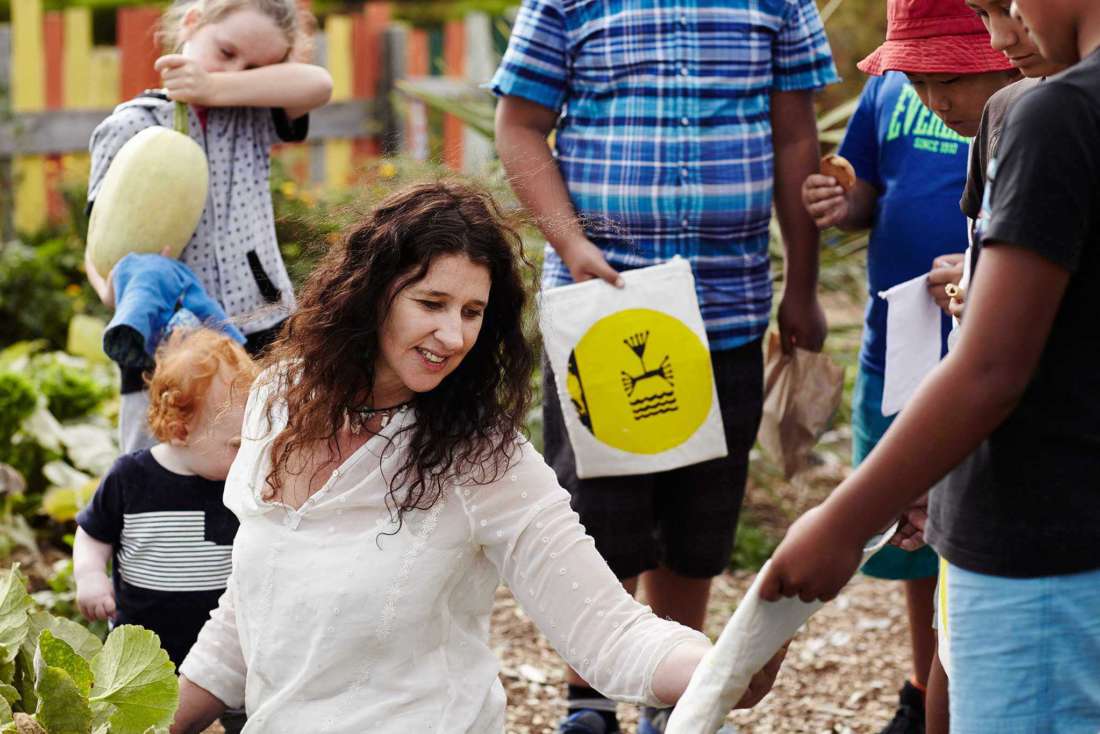
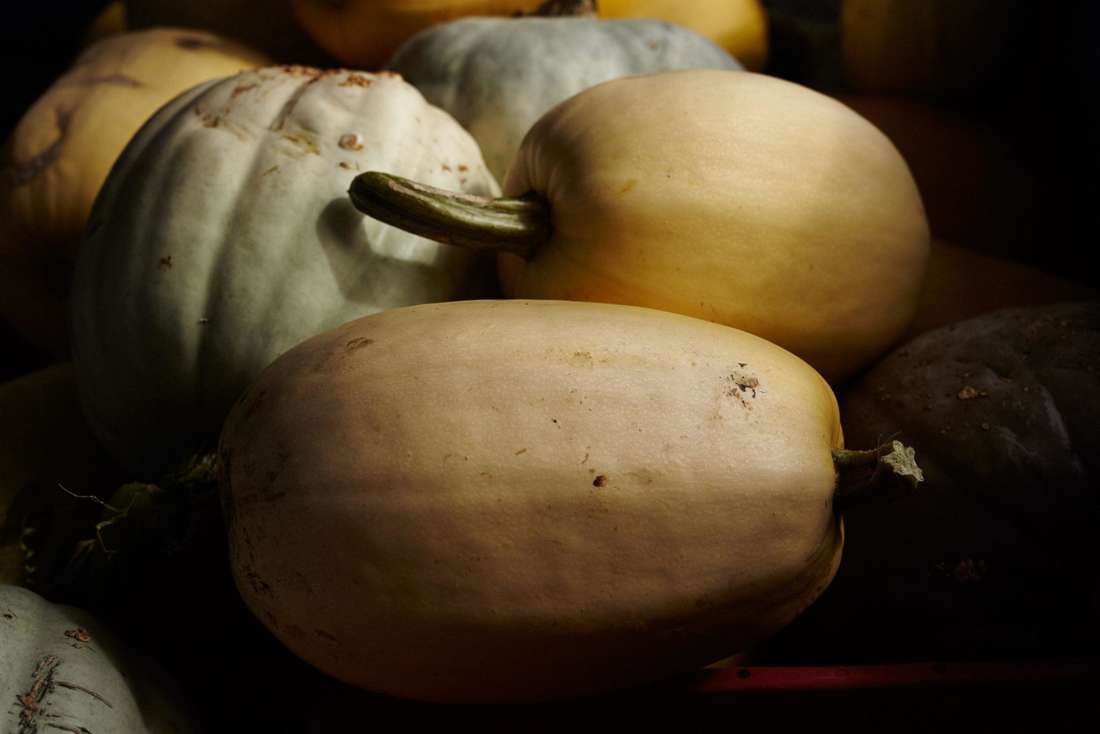
SSS – When I first spoke to you you were very clear about the fact that although food is the focal point, it’s not the core of what you’re trying to achieve.
If you are wanting a very authentic action around getting children fed, then you actually need to look at all facets of sustainability. I didn’t think we would end up with the little community enterprises that are emerging from this, but if you are truly asking the community what it wants and needs in order to create change, then you have to be prepared to look at those things. Six days a week we run things here that are not food related, but actually it has everything to do with food. We want as many people in this community to be growing food as possible, for their children and families to be doing better, but we understand New Zealand is an incredibly expensive place to live and our incomes are very low, so this expectation that we’re all just going to go and dig up our backyards and grow food when we’re having a bit of a rough time is a little bit unreasonable. A lot of what we do is making sure that our parents have got some support with well-being; maybe they are having an experience of loneliness at home, maybe they need some support from their wider community, and all of these things contribute to the ability to start taking action in your life in a different way. It’s a really powerful thing when you are at home with your children by yourself and all of a sudden you can be part of a group where you’re all doing things together, and you have the power and the support of everyone in a group that is focused on the same thing. So, growing carrots has a lot to do with sewing our recycled bags, it has everything to do with knitting – we have a blanket programme that we run too. It all ties together.
SSS – So it has an empowering effect throughout the community?
It does, but it’s also just a beautiful question to be asking the community all of the time. What do you and your family need, or what skills would you like to be learning and how can we help with that. Understanding that if Mum and Dad are doing better, everyone’s doing better.
SSS – And the school has provided you now not only with the old soccer field as a gardening space, but also with a room to run something broader from.
Yes, the school has been incredibly supportive and generous to us in terms of allowing it to unfold with the gentlest touch, which is really fundamentally what we do, just allow it to unfold rather than implementing any services or programmes. Let’s dig up a whole soccer field, let’s be really authentic about it and let’s be brave enough to do some really big things. And to be very real and honest about not knowing if that will work or not, being prepared to make mistakes because they are actually learnings we can all take on together.
SSS – Do you think that part of your success is having been so bold?
I think our success is because we haven’t come in with any programme that we have implemented at all, and that at all times the project itself belongs to the community.
SSS – So it’s a conversation.
Delivering a service-based programme felt like a demeaning thing to do to this community because what that is intonating is that you are not capable, and I’ve never met richer, wealthier, more capable people than the parents and community that I work alongside here.
SSS – And do you hope that there’s an emerging model for schools to have the ability to be focal points for their community?
Yeah, a lot of schools come to us with that question now. How? And so we just open-source everything that we have learnt along the way. With the understanding that every community is different and it’s not about scaling what we’re doing here, but maybe sharing the philosophy of what happens to your community when you open up your school and welcome everyone in and you create, or recreate – schools used to be the heart of communities… let’s move back into that place. One of our strengths in this community is that we have parents that aren’t working outside of the home, that enables them to come to school with their children and we can do stuff together. But in other communities that’s different, Mum and Dad are both working. But there are other people in those communities, our beautiful grandparents, our elderly and retired, and everyone has these incredible resources and skills that I think are so needed now.
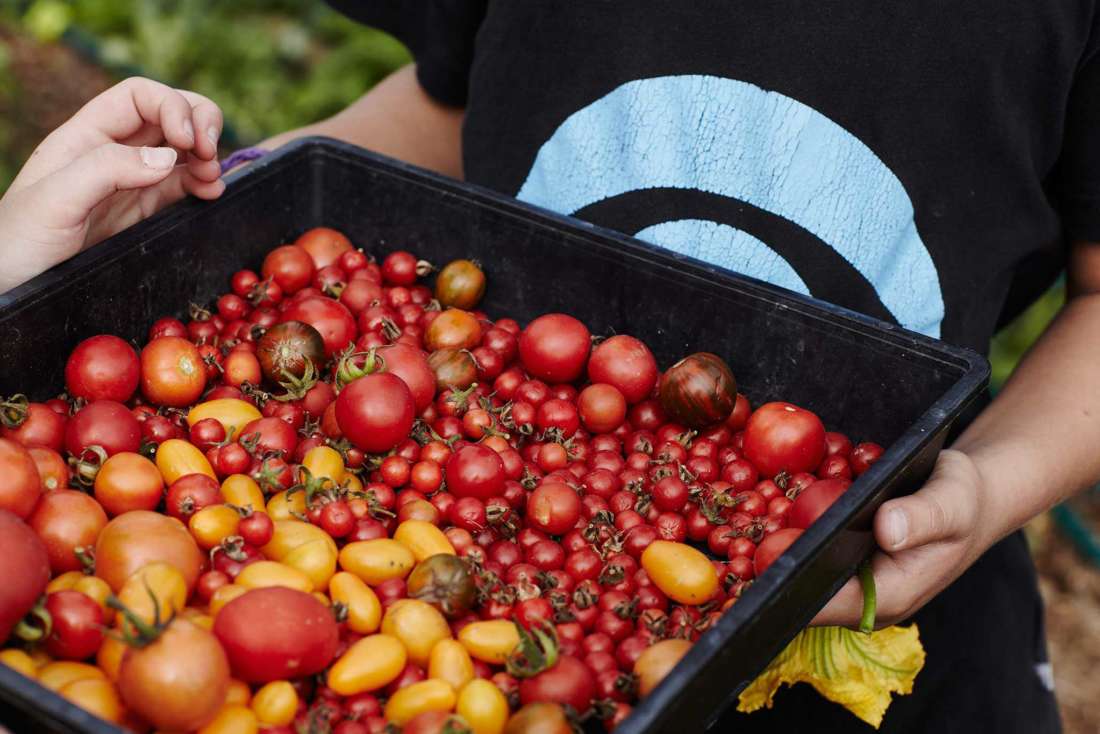
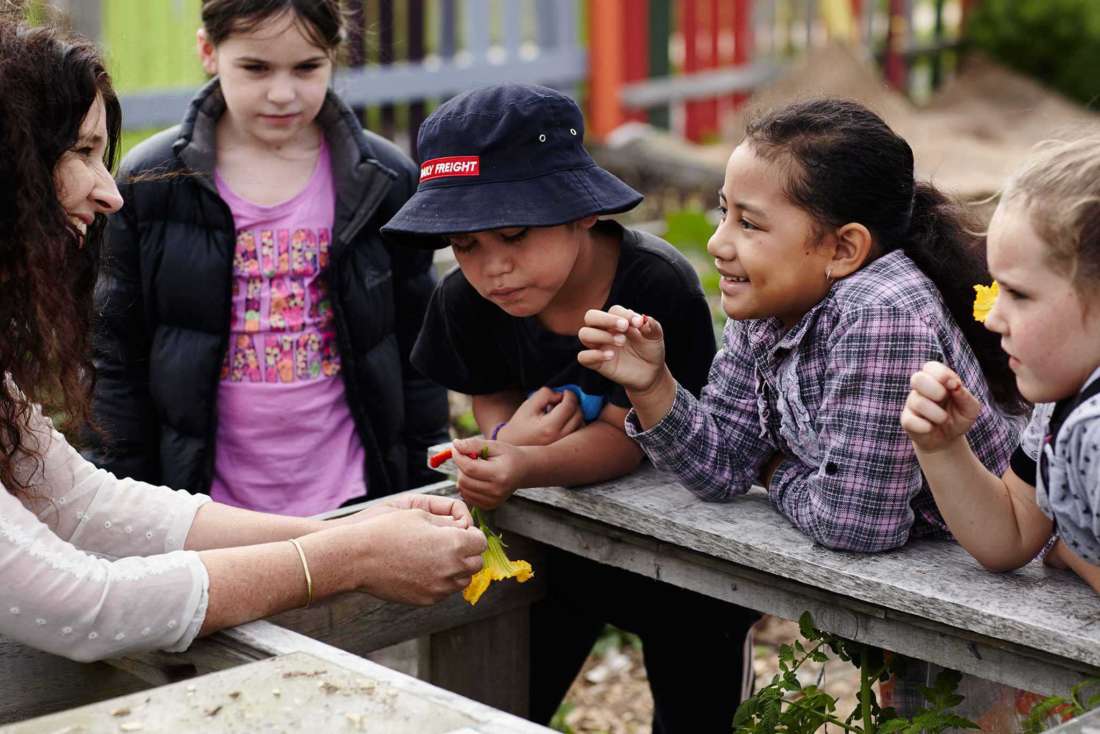
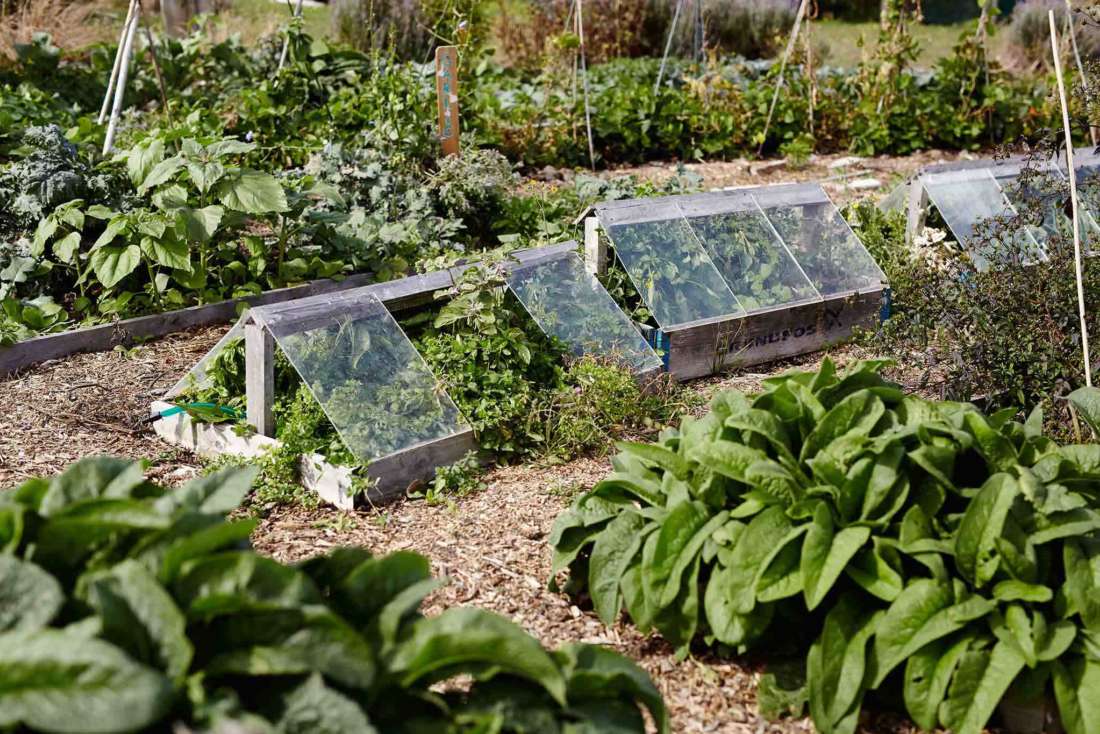
SSS – I’ve heard you talk about your community being “time rich”, which is a different concept of value to how we usually use the word rich or perceive wealth.
It is, we’re asking that question all the time. What is it that makes us wealthy here? And money is only one currency, look at all of these other currencies that we have. And I think that with time and each other and this incredible fertile soil in the Hutt Valley, we are comparably, globally, some of the richest people. So let’s take that and embrace that and maybe adjust our belief centres. What we believe really dictates what we do, so we try to work in that space where we start thinking in a different way, it’s really cool. What you just saw in the sewing room is a cooperative of women that are launching their own product range, but within that room there were about four different currencies. Some of them were there within a paid capacity, some were time banking, some were gifting. We’ve created a business model that recognises all of those currencies and that by working together, if we’re in a position where money is not what we’re needing from that particular action, if we start gifting to one another, we can support somebody else in that room who has the need for money. That’s a really interesting place to be operating a business from.
SSS – And would you classify yourself as a business?
We call them community-owned enterprises, we have about four of them now. The whole project is a social enterprise, but we are nurturing three quite particular little enterprises along. We have our honey project and our sewing project and a catering business that is also emerging.
SSS – Do you cater from the garden?
Not at this stage. We must respect that this food belongs to our children. We have to be careful about our give and take. Our children are learning to trade their surplus, however, with some of it now going to local restaurant La Boca Loca. The money that comes from this goes into a “farmers’ fund” that the students themselves administer to grow goodness in their school community.
SSS – How have the kids and the parents responded to the opportunity of Community Unity?
Well, we’ve seen some big changes with the children and their eating habits. What they eat from the Koha Kitchen space is truly extraordinary, there is not one single vegetable that they won’t go for, and that was not the case when we started, we had a very low uptake of vegetables, but now they’re into it all. On the days that we elect not to feed them the great big pots of vegetable soup, and do something different, they complain, they just love it so much. So that is huge, it’s a huge shift.
SSS – And you take that stuff away for your whole life, your palate shifts.
It so does, and again I don’t think you can just feed a child in isolation to being part of the whole food cycle. What our children are learning here… they plant the seed, they nurture, they harvest, they cook, they return everything to the garden via compost and they are part of this beautiful cycle that just keeps going around and around and around. It is not a simple transaction of grow food and then eat it, it must be something circular. Another really big piece of work that we have focused on with the children is how we eat seasonally… for a lot of children that’s been disrupted.
SSS – And in recent history it’s actually the poorest people who food has become a transaction for and who have become entirely dependent on the marketplace for what they eat, who inhabit food deserts, and that comes with a loss of knowledge, whereas historically that knowledge was often in the poorer communities.
Yes it was, it really was. So when we grow food we don’t start with a visit to the garden centre, we start with gathering some seed from our garden and replanting it or just allowing it to self-seed in our food forest. And we hold our own seed bank, every single thing that is in this garden is repurposed. I think if we’re going to teach children about food production it needs to be as authentic as possible. No huge amounts of funding have come into this space, resources are simply gathered from a three to five kilometre radius – it needs to be an example to the community. A lot of people are put off growing food because they think it’s really expensive to set up a garden – this idea we need to start with bags of compost and very expensive raised beds is just absurd. So, let’s bring it back old school. Let’s save our own seed, let’s build our garden beds from pallets and let’s gather all of our leaves and our seaweed and manure from the horse-riding place down the road. All of that helps entrench a feeling of seasonality too.
SSS – It also fosters a relationship with nature.
That’s right, and all of those things are really fun activities. Going to the beach to collect seaweed, gathering leaves, all that fun stuff, and it gives you the possibility to interact with your wider community. I know that in autumn the children will go and rake leaves in other people’s backyards for their gardens – those sort of actions never used to take place. Really simple but really powerful.
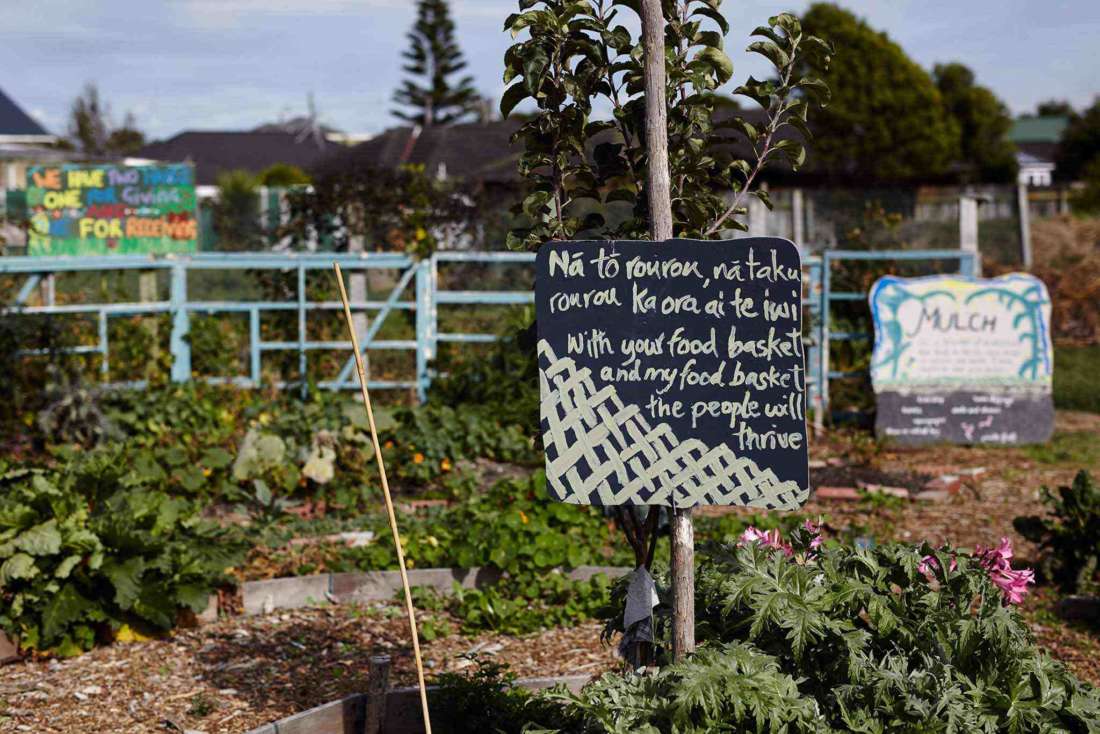
SSS – Your goal is to feed the whole school community every day.
Yes, we produce enough meals now for three days a week, we’re just a little bit limited in terms of funding to pay staff and our facilities here at the school, which is why we are looking to build an off-grid community kitchen this year in a park that the council has given us. We’re fundraising for that at the moment and have gone back to the drawing board because we need to make it bigger. We know that we have enough within the Lower Hutt community to be feeding 500 children a day without planting any more gardens. I turn food away. I can’t cope with the amount of food that is offered to us, particularly at this time of year when there are fruit trees in the Hutt Valley just groaning, where there is so much food rescue that isn’t taken up. There is so much food, and we’ve developed and become our own local network for it – people know now that if they’ve got a glut in their own garden, or a business with a good product that is at point of sale, to bring it here. But mostly I turn it away, because I can’t deal it. That’s how I know we need a facility that can take and absorb and redistribute it to our children.
SSS – So it’s become more than the community garden at the local school. It’s ignited something.
Oh yeah, because that’s the call to action, that’s what we are asking Lower Hutt: “Can we do this?”, and there’s a resounding “Yes, of course we can”. But what we also need to be doing is employing our local people to run and hold that space, so let’s put as much employment of our people around it as possible.
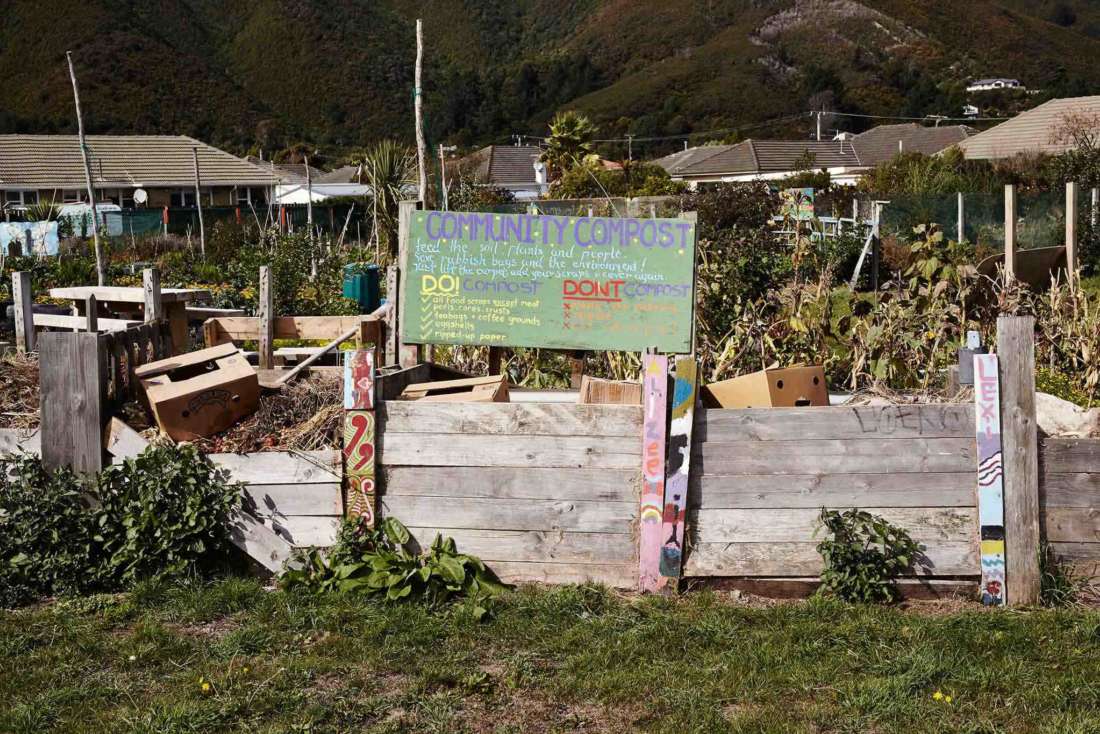
SSS – And then it’s coming from within the community rather than from above.
I have some very strong feelings about the service-providing model that goes into some of our schools around New Zealand and whilst I believe that it is absolutely essential to have interventions, particularly in hungry communities, there is no way that we should be regarding that as a sustainable solution for the feeding of our children. Simply because we are then missing the enormous opportunity to engage community in creating their own solutions and I believe that is entirely achievable. But we don’t resource that terribly well, the resources and contracts and money seem to be in providing highly processed and packaged “food-like products” to schools.
SSS – You’ve been going three and a half years. Are you still seeing some of the kids who have moved on?
Yeah, they come back in the school holidays and help in the garden, which is beautiful. I really love that. Some of them have got gardens at home but not everyone’s going to grow food. But at least if they’ve learnt those skills, if they know how to gather some seed, how to make some compost, can see that cycle in their lives and have an idea and understanding of seasonal food, then you’ve really done something.
SSS – I read that your intention is to have this develop a life of its own so you are able to step aside from it.
Yes, well… we’ve come in, we’ve set this up, we’ve employed five locals now – about to be six – and I think when we build the new kitchen we’ll step away. Every day I ask myself the question, “How do I become unemployed today?” And when I go to work with that question, it means that I am having to enable someone else to do my job. And that is entirely appropriate, this community is feeding its own children and receiving an economic benefit by doing so in terms of employment. They don’t need me here, and that should be my measure of success. But, I want to go and set up in other places and do other things, help other communities.
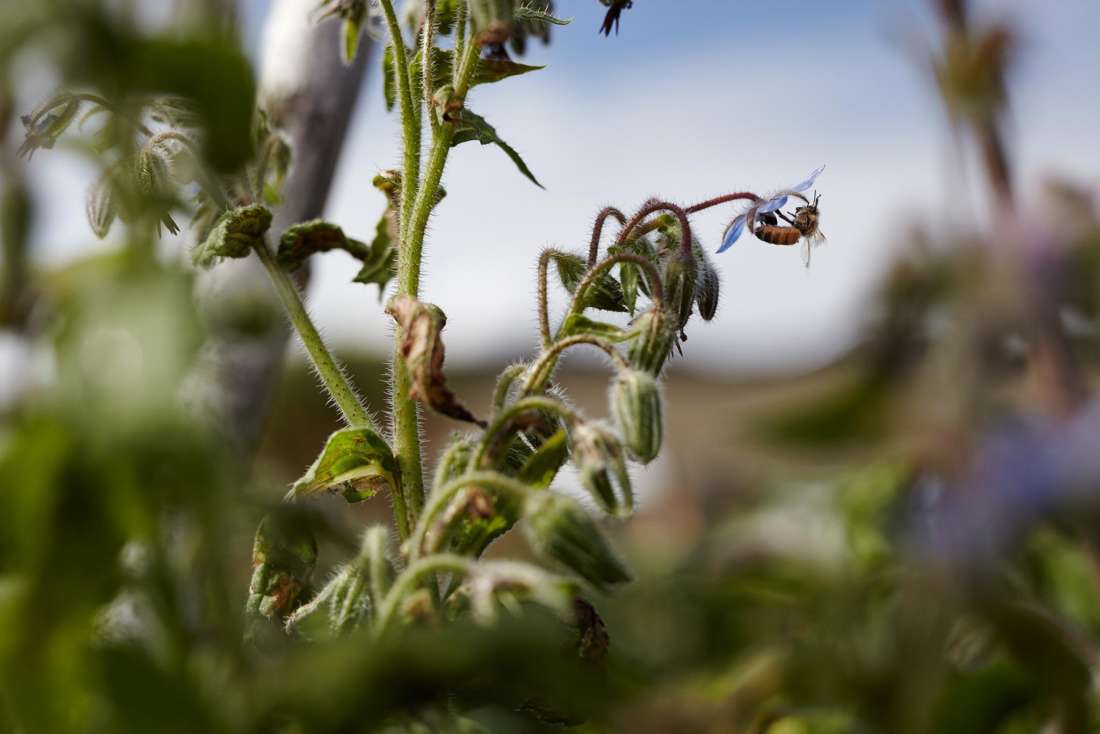
Interview and photography: Aaron McLean